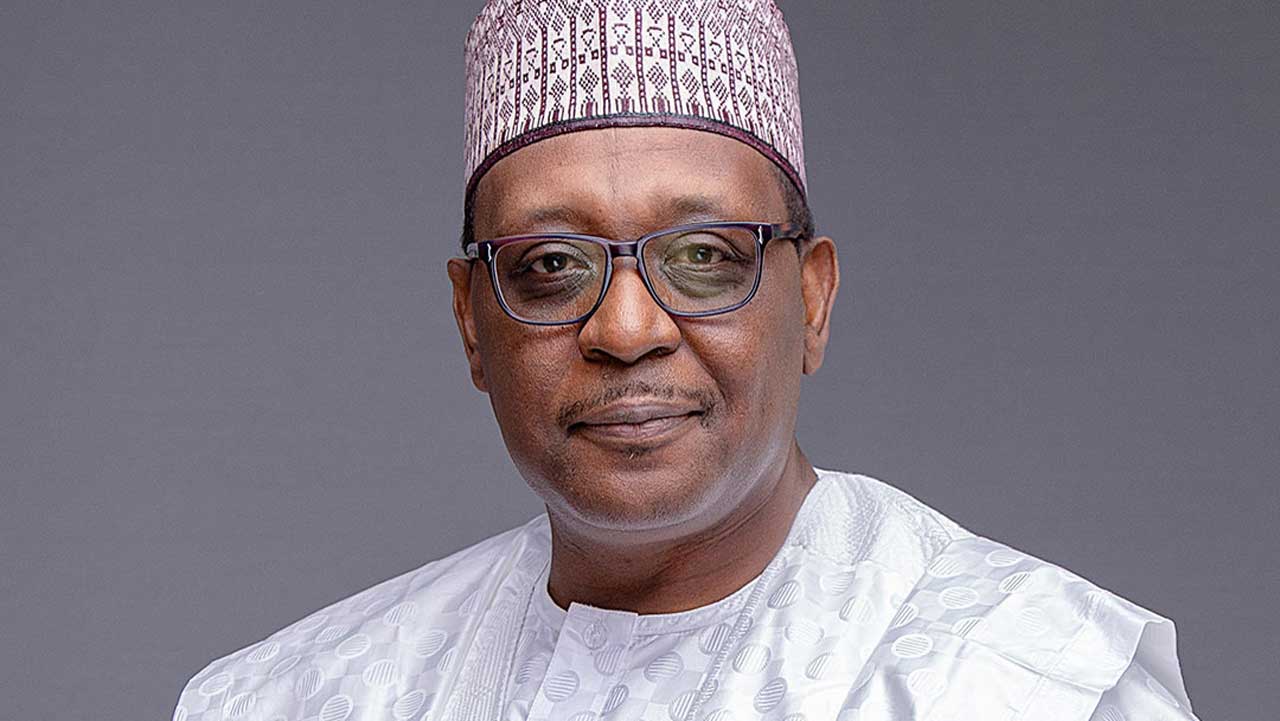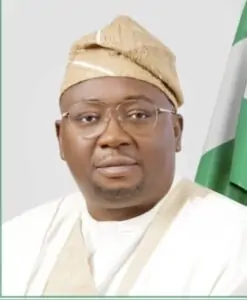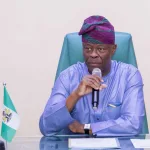The Coordinating Minister of Health and Social Welfare, Prof. Ali Pate, has revealed that 90 percent of Nigerians are outside the health insurance coverage.
However, he declared a new era for the nation’s healthcare system, attributing this transformation to the commitment of President Bola Tinubu’s administration.
Join our WhatsApp ChannelREAD ALSO: Nigeria Can Begin Vaccines Production To Tackle Cancer, Other Diseases – Ali Pate
Speaking at the ceremony in Abuja, Pate emphasized the need for change, acknowledging that although Nigeria had been working towards universal health coverage for over four decades, only eight to nine percent of the population had health insurance.
This left 90 percent without access to vital healthcare services, often resorting to impoverishing out-of-pocket expenses. “All is not yet well with the health sector despite the progress that we have made,” Prof. Pate remarked.
“Many people are being pushed into poverty as they have to pay out of pocket to access health services. But President Bola Ahmed Tinubu, as part of his Renewed Hope Agenda for Nigeria, is committed to changing this country for the better. And for us under his leadership, we are committed to changing the trajectory of health in Nigeria.”
He further emphasized that recent legislative developments, including the enactment of the NHIA 2022 and the unveiling of operational guidelines, marked a turning point towards mandatory health coverage for all Nigerians. “We are now set to execute and make faster progress,” Pate stated.
The Director General and Chief Executive Officer of the National Health Insurance Authority (NHIA), Prof. Mohammed Sambo, echoed this sentiment. He highlighted the significance of the NHIA operational guidelines in redefining the healthcare landscape, aligning with President Tinubu’s Renewed Hope Agenda.
“These guidelines are crucial because they clarify the roles, responsibilities, and obligations of various stakeholders and facilitate the implementation of health insurance in Nigeria. They embody the principles of equity, quality, and sustainability,” Sambo stated.
He underlined that the NHIA Act 2022 laid the foundation for a transformative healthcare system that aspires to leave no one behind. It empowers the NHIA to promote, integrate, and regulate all health insurance schemes in Nigeria.
“One of the cornerstones of these guidelines is the principle of equity,” Prof. Sambo noted. “No one should have to choose between their health and their financial stability.”
He also highlighted the commitment to provide coverage for at least 50 million Nigerians within President Tinubu’s administration, with the Vulnerable Group Fund (VGF) playing a pivotal role in achieving this goal.
Moreover, the NHIA Operational Guidelines reinforce the commitment to the success of the NHIA Medicine Supply Initiative, which aims to provide affordable medicines through partnerships with indigenous pharmaceutical companies.
Furthermore, Prof. Sambo expressed confidence that the NHIA Operational Guidelines, developed through extensive consultations and international best practices, will be well received and dutifully implemented by all stakeholders.
He assured Nigerians of the NHIA’s commitment to providing leadership and regulatory oversight, heralding a new era of healthcare in the nation.
Emmanuel Ochayi is a journalist. He is a graduate of the University of Lagos, School of first choice and the nations pride. Emmanuel is keen on exploring writing angles in different areas, including Business, climate change, politics, Education, and others.



















Follow Us